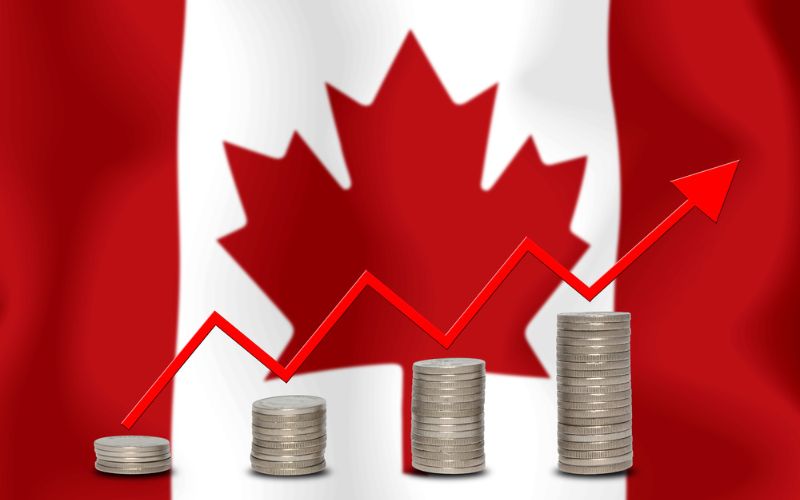In a move that could have significant implications for the Canadian real estate market, the Bank of Canada has increased its target for the overnight rate to 4¾%, with the Bank Rate at 5% and the deposit rate at 4¾%. This decision, announced on June 7, 2023, continues the Bank’s policy of quantitative tightening.
The Bank’s decision comes as consumer price inflation globally is coming down, largely due to lower energy prices compared to a year ago. However, underlying inflation remains stubbornly high. Major central banks around the world are signalling that interest rates may have to rise further to restore price stability.
Canada’s economy was stronger than expected in the first quarter of 2023, with GDP growth of 3.1%. Consumption growth was surprisingly strong and broad-based, even after accounting for the boost from population gains. Notably, housing market activity has picked up recently, and spending on interest-sensitive goods increased.
CPI inflation ticked up in April to 4.4%, the first increase in 10 months, with prices for a broad range of goods and services coming in higher than expected. The Bank continues to expect CPI inflation to ease to around 3% in the summer, but concerns have increased that CPI inflation could get stuck materially above the 2% target.
The Bank’s decision to increase the policy interest rate reflects its view that monetary policy was not sufficiently restrictive to bring supply and demand back into balance and return inflation sustainably to the 2% target.
Implications for the Real Estate Market
The increase in the policy rate could have a cooling effect on the Canadian real estate market. Higher interest rates generally lead to higher mortgage rates, which could dampen demand for housing. However, the strong economic growth and tight labour market could counterbalance this effect to some extent.

The Bank’s decision also signals a potential shift in the economic landscape that real estate investors and professionals should monitor closely. As the Bank continues its policy of quantitative tightening, the cost of borrowing could increase further, potentially slowing the pace of real estate transactions.
However, it’s important to note that the real estate market is influenced by a variety of factors, and the impact of higher interest rates can be complex. For instance, while higher rates could reduce demand for housing, they could also lead to increased rental demand if potential homebuyers decide to delay purchasing a home.
In conclusion, while the Bank of Canada’s decision to raise the policy rate could introduce some uncertainty into the real estate market, the strong economic fundamentals suggest that the market will continue to be robust. As always, real estate professionals and investors should keep a close eye on economic indicators and policy decisions to navigate the ever-changing market landscape.









